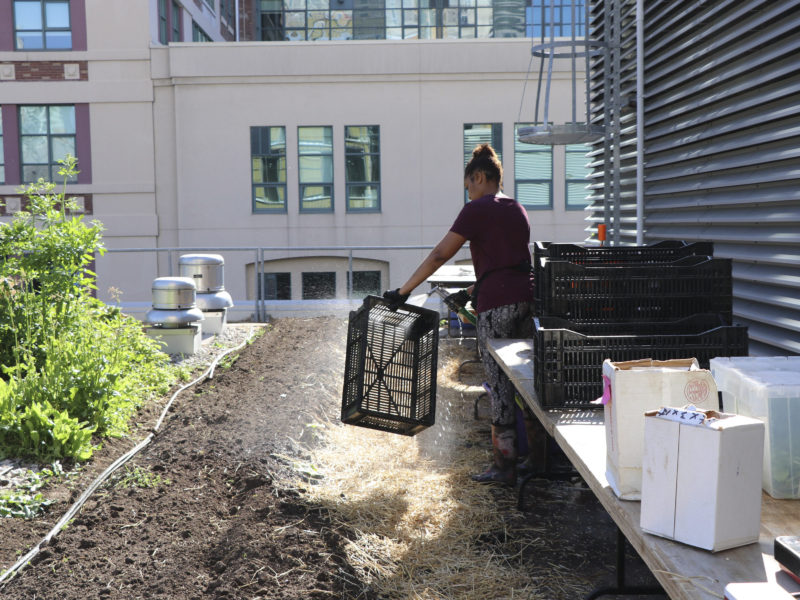Innovation Projects
Project
Governing Sustainable Municipalities
The Governing Sustainable Municipalities project assessed the current state of municipal preparedness in Saskatchewan for economic, social, and environmental sustainability. The project also engaged stakeholders to identify barriers and opportunities for Saskatchewan municipalities to enhance sustainability in their communities.
Project
A Program for Young Moms in Northern Manitoba
Career Trek launched the “M-Power North” Program to support young mothers between the ages of 15 and 25 in Northern Manitoba. The program provides hands-on, experiential lessons, spanning a number of sectors including trades, technology, natural resources, STEM and healthcare.
Project
Young Newcomers and International Students in Diploma Programs: Shock-proofing through Language Confidence
The number of international students in Canada has increased dramatically, and while students often have the content knowledge to succeed, limited language abilities can negatively impact their studies and transition to employment. To address this issue, BCIT implemented a language assessment for students and provided a suite of language support services to strengthen its existing Language Support for English as an Additional Language (EAL) offerings.
Project
Career pathways of immigrants: Looking for meaning amid starting again
Skilled migrants often face barriers in the Canadian labour market, leading them to pursue other jobs in different sectors – alternative careers, often characterized by occupational downgrading.
Project
Teaching Vulnerable SMEs the Innovation Skills to Develop Sustainable, Long-Term Remote Work Strategies
Small and medium-sized businesses owned by women and persons with disabilities were disproportionately affected by COVID-19, with a higher percentage reporting that they were unable to operate during the pandemic. To address this issue, pointA developed a virtual, 4-week course to help small business owners develop remote work strategies.
Project
Harnessing the digital economy for women of colour in Canadian undergraduate STEM programs
A large percentage of people from diverse groups recruited into STEM undergraduate programs do not complete a STEM degree. This project conducted a systematic literature review exploring current research about retention efforts for women of colour in post-secondary STEM programs.
Project
Building the skills of the trucking industry for the future
Have questions about our work? Do you need access to a report in English or French? Please contact communications@fsc-ccf.ca. How to Cite This ReportNoumi, C.,...
Project
Transforming skills and talent acquisition in Canadian cybersecurity
Have questions about our work? Do you need access to a report in English or French? Please contact communications@fsc-ccf.ca. How to Cite This ReportChan, G.,...
State of Skills
Quality of Work
Improving quality of work, through better wages and benefits, social environments, security, safety, and inclusion, alongside skills and professional development is one part of a larger strategy to address these labour shortages.










